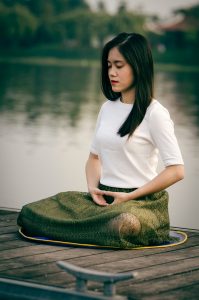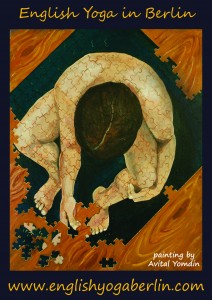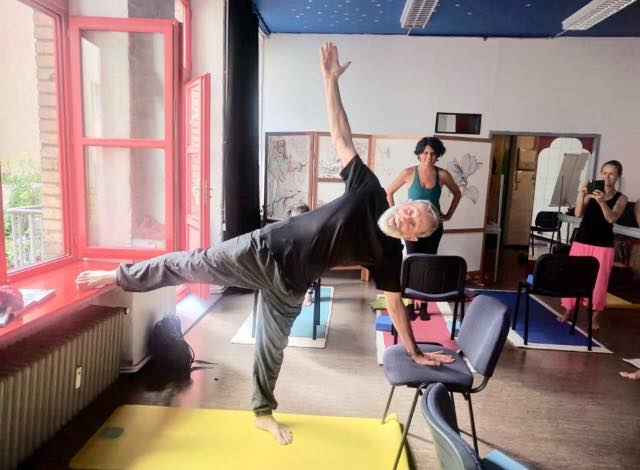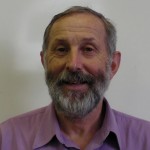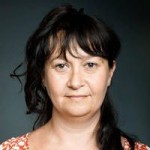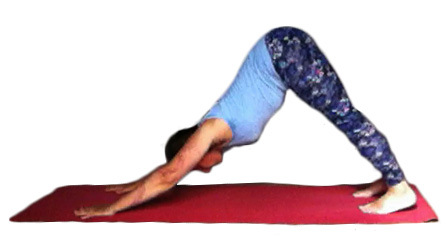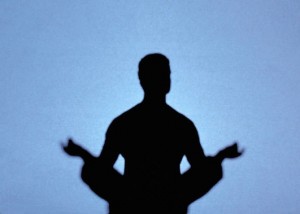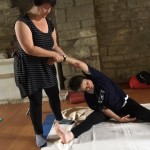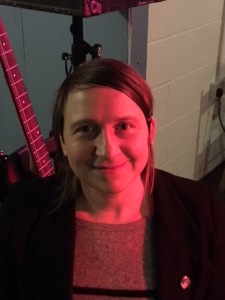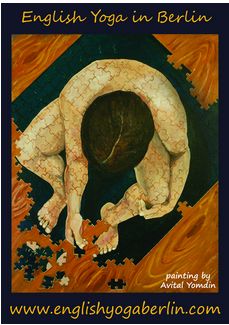During my Alexander Technique teacher trainers’ course last week we were asked to think of how we could translate the experience of the Alexander Technique in words; if it is possible to do so accurately; and if it is desirable to do so. How can words be used as a tool to truly describe an experience?

This exercise got us thinking about the power of words, as well as the place of words. When do words fall short? When do they become dangerously full of themselves? As my fellow students were speaking I started to make many parallels to meditation and how hard it is to explain the experience one lives when they are deep in the stillness of the Self.
Words as a mere tool
I see both the Alexander Technique lessons that I receive and the practice of deep meditation first and foremost as a deep experience of the Self. As such, it is impossible to truly explain accurately this experience by using mere words. It is important to give words their “right place” when using them descriptively. They can be a helpful tool that bring people closer to the experience but they must by all means remain just that: a tool.
When words become more than a tool
When a teacher gives much more weight to the words used rather than the experience had, they run the danger of clinging onto their words and teaching in a dogmatic way. Whats more is that if a student is not experiencing exactly what the teacher described, the student can start to believe that their own experience is “wrong” and may decide to give up on their path. When words are used as a tool, though, and not as “the truth” they can allow the student room to have their own experience and brave the path ahead.
When words become empty
On the other hand, words can also go to the other extreme and become empty. If the teacher always uses the habitual ones to guide you in the practice, they are no longer choosing them. They use them out of habit and thus they start to lose their meaning. For instance, the meditation teacher who says “empty your mind” on repeat while their mind is running through their long to do list. When a teacher uses their words out of habit without putting weight behind them, they run the danger of teaching on automatic pilot missing out on true presence.
But what is one to do then? Can one truly explain the deep experience of meditation with words or is it a mistake to even try to do so? A Zen Master put this beautifully:
When I talk, you do not understand me.
When I do not talk, you understand even less.
Zen master
As teachers, we must try to find the right words to explain the path of how to experience the Self. But we must always remember that words are not and will never be enough. Words do have power and thus it is important to not get over attached to the ones we choose, or else we run the danger of excluding multi-faceted experiences. Nonetheless, words with no weight behind them become empty words that have lost their meaning and do not help the student advance. So may we learn to use them simply as a tool, to be playful with them, to choose them with care and to not be afraid to let them go.
About the author
Pinelopi specializes in Hatha Yoga. Her yoga Kreuzberg Berlin classes are open for and welcoming to beginners. She offers Berlin business yoga, private yoga classes for people struggling with chronic pain, yoga courses, retreats and workshops. She is currently deepening her knowledge through Leslie Kaminoff’s Yoga Anatomy course and training to become an Alexander Technique teacher.





